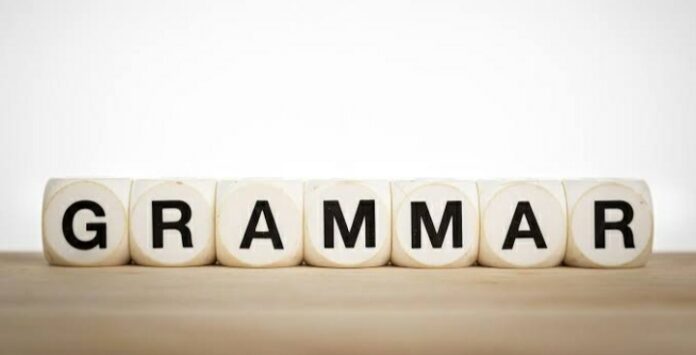We use can as a principal verb to express
1. Power or ability, ex-
- I can talk in English.
- She is smart but she can’t go alone.
- She can study hard in exams.
- She can do it.
2. Possibility, ex-
- This exam can be tough.
- You can easily complete this task.
3. Permission, ex-
- You can go now. (you are permitted to go now.)
- Can I cook noodles? No, you can’t
- You are not allowed to do that.
We use could to show that something is possible, but not certain:
They could go there.
They could be at the restaurant.
could is more formal and polite than can:
Could I come inside?
Could I sit here?
Requests
We use could you, as a polite way of telling or asking someone to do something:
Could you give me this pen, please?
Could I have my phone, please?
can is less polite:
Can you give me this pen, please?
Offers
We use can I … to make offers:
Can I help you to complete your assignments?
Can I do to help you?
We sometimes say I can or I could to make an offer:
I can do that for you if you like.
I could give you a lift to the station.
Suggestions
We use could to make suggestions:
We could meet at the bar.
You could eat biryani today.
Could is also used for imaginary situations:
For example :
- I wish I could be a Superman.
- I wish you could understand her perspective.
- I wish I could date Rakhi.
- I wish you could see the reality.
Sometimes could is also used in conditional sentences:
- If you buy a lottery ticket, you could be lucky.
- If you arrange the medicines, we could save the patient.
We use can be/could be in the passive voice:
can be/could be + third form of the verb
ex-
- This video can be downloaded from my youtube.
- The payment can be made by UPI.
- We could be charged for this mistake.



